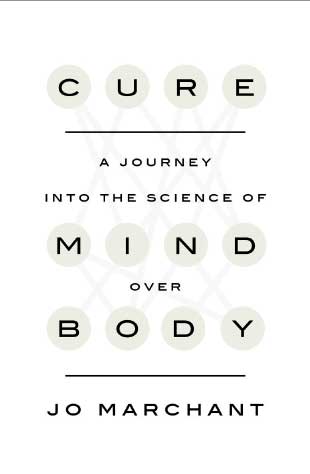 CROWN, JANUARY 2016There are few questions as divisive in biomedical research as whether our thoughts can heal us. For skeptics, the very idea conjures visions of quacks peddling dodgy cures to desperate patients. Within the framework of conventional medicine, personal beliefs are a distraction, and drugs and other interventions are tested in rigorous clinical trials. Appointment times are kept to a minimum, and patients typically visit physicians looking for prescriptions, not reassuring chats. Surgeons certainly aren’t expected to inquire about their patients’ state of mind.
CROWN, JANUARY 2016There are few questions as divisive in biomedical research as whether our thoughts can heal us. For skeptics, the very idea conjures visions of quacks peddling dodgy cures to desperate patients. Within the framework of conventional medicine, personal beliefs are a distraction, and drugs and other interventions are tested in rigorous clinical trials. Appointment times are kept to a minimum, and patients typically visit physicians looking for prescriptions, not reassuring chats. Surgeons certainly aren’t expected to inquire about their patients’ state of mind.
At the other extreme, alternative therapists (and presumably many of the millions of people who pay for their treatments) believe physical health is intimately entwined with one’s mental state. Most reject evidence-based treatments in favor of long, one-on-one consultations and insist that the mind’s healing power can’t be captured in impersonal trials. Western researchers and physicians are misguided, they say, for focusing so unwaveringly on drugs.
It can be hard to see any middle ground, but does the choice have to be so polarizing? In writing Cure: A Journey into the Science of Mind over Body, I visited researchers around the world who are investigating the role of the mind in health, and I concluded that both sides of the argument have got it wrong.
...

















